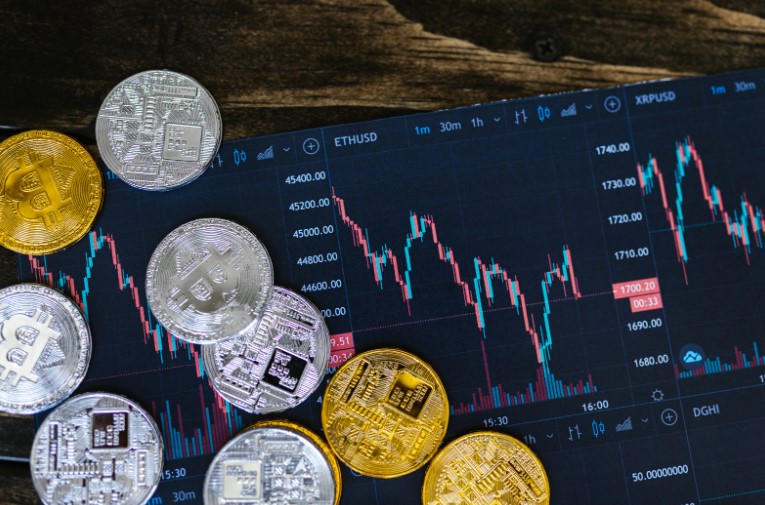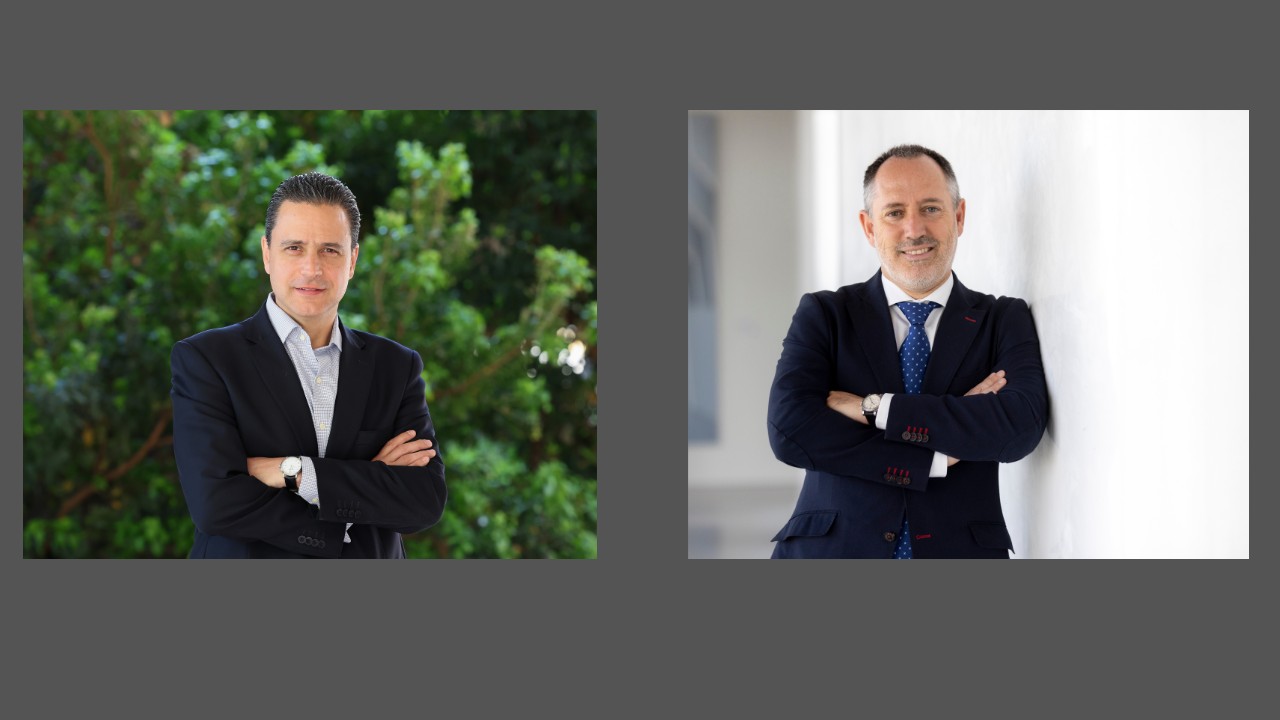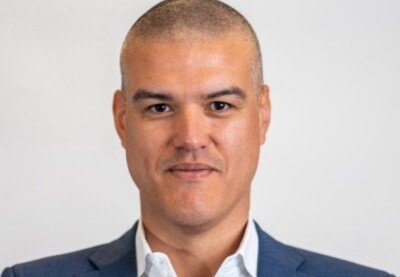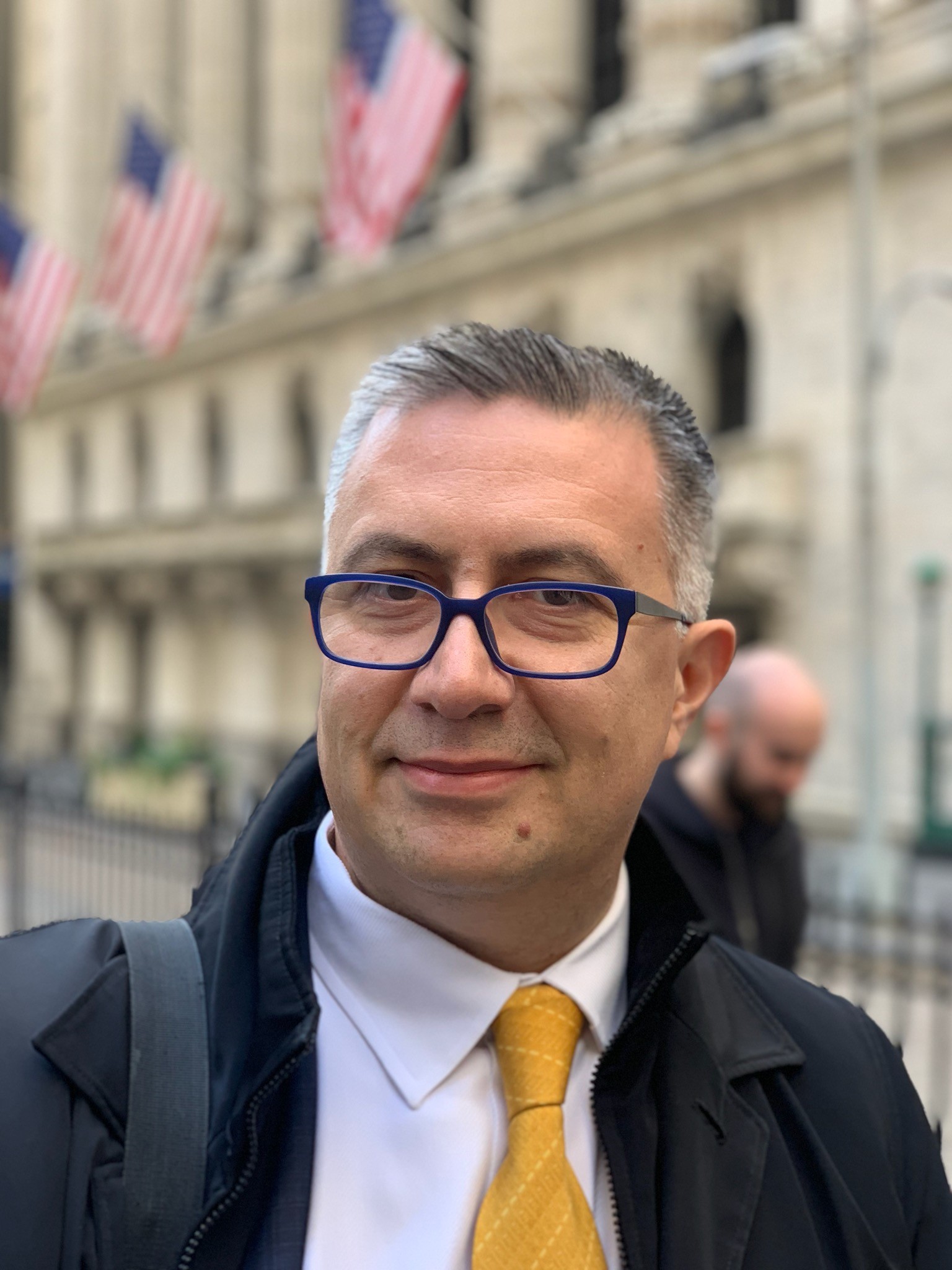Argentine President Javier Milei promoted the cryptocurrency $LIBRA this year from his personal account on the social media platform X as part of a private project aimed at “funding small Argentine businesses and ventures.”
Although he later deleted his initial post, thousands of investors backed the digital asset, causing its price to rise exponentially within minutes. However, just hours later, $LIBRA suffered a sharp crash, resulting in significant losses for users. The case became an institutional scandal with judicial overtones, gained international attention, and rekindled discussions about a potential “pyramid scheme.”
Nevertheless, the Argentine crypto ecosystem views the $LIBRA incident as an isolated event and continues moving forward with its projects, including a vault for cold storage of digital assets and the world’s first bitcoin-native stock exchange.
A Custody Bunker for Crypto Assets
The term “bunker” is typically associated with a secret location, perhaps in a basement, accessible only after passing through multiple security gates and locks.
In Argentina, Prosegur Crypto, the institutional digital asset custody service of Prosegur Cash, inaugurated the second cold storage crypto custody bunker in Latin America. The first in the region was established in Brazil in 2023.
Far from the usual mental image of a bunker, the Prosegur vault holds an object resembling a briefcase, but its contents—blockchain private keys of digital assets—are protected by multiple layers of physical and virtual security.
2025 was already expected to be a key year for cryptocurrencies, mainly due to U.S. President Donald Trump’s willingness to create a favorable regulatory environment for the market. He has openly stated his desire for the U.S. to become the “global crypto capital” and has announced plans to establish a “strategic bitcoin reserve,” similar to the nation’s existing reserves of gold and oil.
Argentina’s chronic macroeconomic instability, triple-digit inflation rates over the past two years, and especially its capital controls have positioned cryptocurrencies—particularly stablecoins—as a viable, secure, and accessible option for the country’s population.
Argentina surpassed Brazil in total value of cryptocurrencies received—estimated at $91 billion—between July 2023 and June 2024, according to a report by Chainalysis. During the same period, over 60% of Argentine crypto transactions involved stablecoins. The country ranks 15th globally in cryptocurrency adoption on the cited blockchain data platform.
Expectations are high within the local crypto ecosystem, given the ideological similarities between Trump and Milei and the apparent rapport between both leaders.
In Argentina, there’s a growing sense that restrictions imposed by the Central Bank—preventing banks and fintechs from offering digital assets to clients—may soon be lifted. Beneath the surface, everyone seems to be preparing for that major shift.
Ready for When the Time Comes
“As part of the evolution of Prosegur’s traditional business, we view this bunker as a form of reverse innovation: transferring digital assets into physical form to ensure secure custody for our clients,” explains Hernán Ball, Regional Innovation Head at Prosegur Cash.
The vault is located in one of the company’s facilities, guarded by multiple layers of security. Inside the bunker lies the solution Prosegur offers to banks, fintechs, exchanges, funds, family offices, and investment managers: a secured PC, developed in collaboration with Israeli cybersecurity firm GK8, which stores the private keys of digital assets offline, ensuring 100% protection from cyberattacks and hacks.
In addition to operational security protocols, the company also offers institutional clients an insurance policy that covers 100% of the custodied amount.
Currently, banks and fintechs in Argentina are still restricted from offering crypto to their customers. Nevertheless, Ball notes that prior to launching the crypto vault, they met with the Central Bank, which assured them the regulations would be lifted this year. As a result, the company is fully prepared for the regulatory change.
Ball also confirms regular meetings with the Central Bank and the CNV (National Securities Commission), and that Prosegur is also engaging with financial institutions to offer its solution.
Awaiting a Transformational Shift
“Argentina is not only one of the countries with the highest crypto adoption, but also has several relevant projects. The high technical level of local developers and their proficiency in English helped create a strong ecosystem initially driven by NGOs and later by various crypto community projects,” says Rodolfo Andragnes, president of ONG Bitcoin Argentina, co-founder of Alianza Blockchain Iberoamérica, and organizer of Labitconf, the leading Bitcoin & Blockchain conference in Latin America.
If the regulatory framework changes, “it could boost the adoption of certain assets, including bitcoin. It would also be interesting to see bitcoin appear in bank investment portfolios,” he adds.
Iñaki Apezteguia, educator, crypto communicator, and co-founder of Crossing Capital, points out that “with the high inflation rates in recent years, crypto dollars are a very natural option for Argentines, who are used to thinking in terms of dollars.”
Beyond that, the country boasts important developments: Argentina is one of the few countries with a crypto pre-loaded debit card, allowing users to spend crypto while merchants receive the payment in legal tender (Argentine pesos). It is also a country where crypto mining is flourishing.
Apezteguia draws a comparison with the U.S., where banks are now allowed to custody crypto. “If the Central Bank lifts the restriction and banks can offer crypto, it would open a window to further accelerate adoption in the country. There are people who mistrust bitcoin simply because their bank doesn’t offer it. It could be a transformational change,” he says.
Brazil has better institutional conditions than Argentina for digital currency adoption, such as the ability to purchase crypto-related ETFs; in Argentina, access is through ADRs (American Depositary Receipts) of the exchange-traded fund. Additionally, the neighboring country has already piloted Drex, the digital version of the Brazilian real created by the Central Bank of Brazil.
However, “as regulation and specific tax treatment in Argentina start to take shape, Crossing Capital is beginning to explore its first corporate clients, as companies start to consider the crypto market as a valid alternative for capital appreciation,” he says enthusiastically.
Borja Martel Seward, a well-known figure in Argentina’s crypto community and founder of Roxom, the world’s first bitcoin-native stock exchange, takes it one step further: “In both retail and institutional segments, I see crypto in pure growth. Donald Trump is the first Bitcoin president of the United States, and expectations are very bullish. It’s an unprecedented situation, so we expect bitcoin to hit new all-time highs this year.”
“In Argentina, crypto adoption came naturally. We want Argentina to be an AI hub; in my opinion, the country is already a crypto hub, and institutional investment will grow,” he concludes.
In mid-2024, Seward and Nick Damico—former CTO of Bitpatagonia, one of Argentina’s largest Bitcoin mining companies—announced the launch of Roxom, the world’s first bitcoin-native stock exchange, securing a $4.3 million investment in a pre-seed funding round led by Draper Associates, the venture capital fund of Tim Draper.
This article was originally published in issue 42 of Funds Society Americas magazine. To access the full content, click here.



